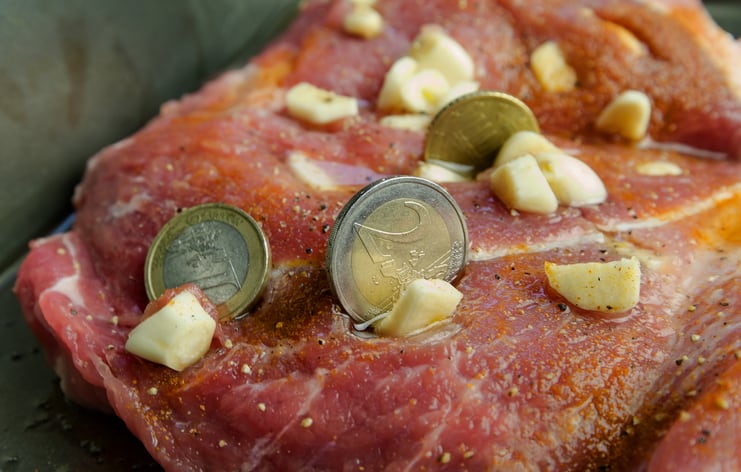The Dutch government has been facing several challenges with regard to agriculture. The country is focused on reducing nitrogen greenhouse gas (GHG) emissions, as well as its nitrate emissions. To combat this, several strategies have been put forward. One of those is the Nitrate Action Program, currently undergoing its seventh revision.
In addition, the government is discussing the advantages and disadvantages of imposing health taxes – with the proposal of a meat tax brought forward in March 2022 by the Dutch minister of agriculture, nature and food quality, Henk Staghouwer.
Health and sustainability goals combined
The tax proposal seems to address both health-related and environment related goals, according to a USDA report on the proposal.
The idea of introducing health taxes in the Netherlands is not entirely new; they have been suggested by previous Dutch governments as well.
The agriculture minister explained the rational for bringing in a meat tax:
“The joint goal of the Ministry of Agriculture, Nature and Food Quality and the Ministry of Public Health, Welfare and Sport, is that more people follow national dietary guidelines.
“Part of this goal is to achieve a shift in the ratio of consumed animal and vegetable proteins: from the current 60/40 ratio to 50/50 by 2030. This is an ambitious goal: it requires a behavioral change in eating patterns across the entire population. This ratio is in line with the Dutch Nutrition Center’s Wheel of Five, which focuses on both health and sustainability.
“A shift would also result in a reduction in GHG emissions of 10-15% and thus contributes to agreements in the Dutch Climate Agreement.”
Food affordability concerns
Almost immediately after the idea of a meat tax was floated, government coalition political parties objected and raised questions, including about the future affordability of food. Meat industry associations also expressed their unease with the proposal.
However, in subsequent discussions, Staghouwer left the impression that a meat tax was not done deal. He said he had been misunderstood by the media and emphasized that his plans were meant to spur research into agricultural income enhancement.
On May 10, 2022, a motion of 12 political parties including two government coalition parties was put forward, petitioning to refrain from implementing such a tax.
“With this motion proving influential in the second chamber of Dutch parliament, but not legally binding, the future of a Dutch meat tax remains unclear at this time,” said the USDA team.


